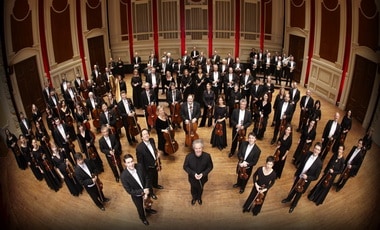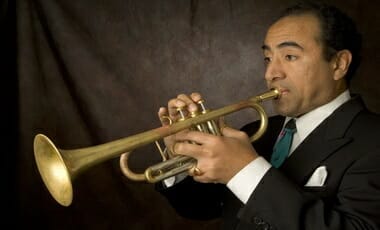Dennis Prager discusses New York Times chief music writer’s article titled, “To Make Orchestras More Diverse, End Blind Auditions”.
An excellent article discussing the reasoning for these blind auditions and the benefits of “breaking ‘the old boy club’” is this article by Erich Vieth titled, “Blind Orchestra Auditions Alleged to Be Unfair Based Purely on Optics”. Here is how THAT article starts out… with a TWEET:
This is grotesque. One of the most meritocratic systems ever devised (by progressives, to their credit) didn’t serve their diversity gods enough. Now they’re doing a complete reversal. Leftists no longer believe in true equality. https://t.co/FLOjmZM7Wg
— The Science Femme, Woman in STEM (@piney_the) July 19, 2020
In the audio I include one example of this NYT’s music writer visviz Dennis Prager’s appearance on “Book TV on C-SPAN.” But here are my two other favorite examples from Dennis exemplifying not a top list, but a reshuffled “fair” list. The first is the mention by Prager of his book:
Dennis Prager, Still the Best Hope: Why the World Needs American Values to Triumph (New York, NY: Broadside Books, 2012), 52-53
And another favorite of mine is this audio upload of Dennis: “NYT’s Best Seller Book List = #Fakenews”
Here is my description of that audio
The New York Times best seller list really isn’t that. What it is is merely an editorial “what you should read, not what actually sells the best.”
The NYT’s even had the audacity (or the lack of self awareness in their egalitarianism aims) to publish a graph of the male and female authors by decade. It showed a clear male dominance over the women. However, as the decades progressed, the sexes got closer to being even, until, the final decade in the graph, they were very similar in books on the New York Times best seller listing.
But this graph…
…then, is merely an illusion. Since they control the list and who makes it on the list — they can control whichever factors they wish to. Like gender for instance. So they can even out the sexes on the list to give the appearance that male and female authors are writing and selling great books, equally. It does not reflect reality. Nor does this “evening-out process” have anything to say about how well something is written. It merely projects what the few editors think is important to the New York Times.




